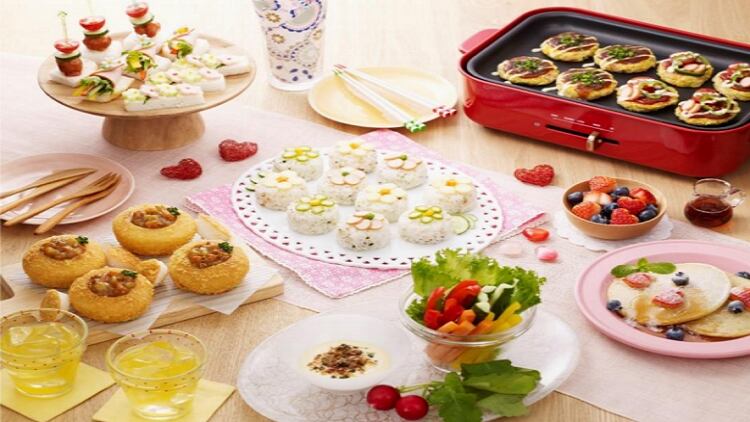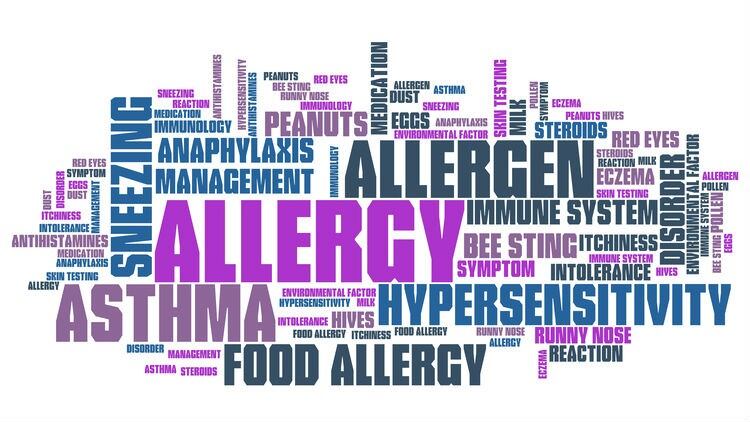The recipes do not include core food allergens such as egg, milk, peanuts, shrimp, crab, buckwheat, and wheat. Under Japan’s Food Labelling act, it is also mandatory to state the presence of any of these seven allergens in food products.
For a start, the collaboration has launched six allergen-free recipes, including fried curry bread, petit pizza, rice ball, salad and mayonnaise dip, pancake made with rice flour, and ham bread, which are available on the respective companies’ website.
These recipes feature products from the four companies, such as non-egg mayonnaise from Otafuku, curry from House Foods, ham from Nippon Ham, and A-Label salmon furikake from Nagatanien.
The main aim of the collaboration was to “contribute to the realisation of a society where everyone can enjoy delicious meals regardless of food allergy,” according to a joint statement.
The companies said that they have received consumer feedback that it was difficult for them to increase the number of allergen-free recipes, since there was a limited number of processed food ingredients that were allergen-free.
Responding to queries from FoodNavigator-Asia, the four companies said they have not decided on how often they would release new recipes, however there were plans to hold cooking events using their recipes in Tokyo, Osaka, and Hiroshima.
Moving forward, the four companies will also cooperate to disseminate information on food allergies, and organise related product promotional events.
Food allergen policies
There are currently 27 ingredients that are commonly identified as food allergen in Japan.
While it is mandatory to label the seven core allergens, in the case of the remaining 20 allergens, voluntary labelling is recommended by the Consumer Affairs Agency of Japan.
The 20 other allergens include a range of poultry, seafood, nuts, and fruits, such as chicken, abalone, squid, soybeans, apples, peaches, and gelantin etc.
As a general rule, allergens must be listed individually. For instance, they should be listed as the following in the ingredient list: ham (including egg and pork), mayonnaise (including egg and soybean).
They may only be listed collectively on a case-by-case basis. An example is the following ingredient list: carrot, ham, mayonnaise (including egg, pork, and soybean).
Language barrier
While the authorities and industry have made the effort to label allergens in food products, the message may not be communicated effectively to foreigners who do not understand the Japanese language, according to experts.
With more tourists and migrants in the country, labelling food allergens in English is “absolutely necessary”, according to Dr Motohiro Ebisawa, the vice director of clinical research center for allergy and rheumatology at Sagamihara National Hospital in Kanagawa Prefecture.
Japan National Tourism Organization also brought up the issue of food allergies during seminars with tourism officials, the Japan Times reported.



